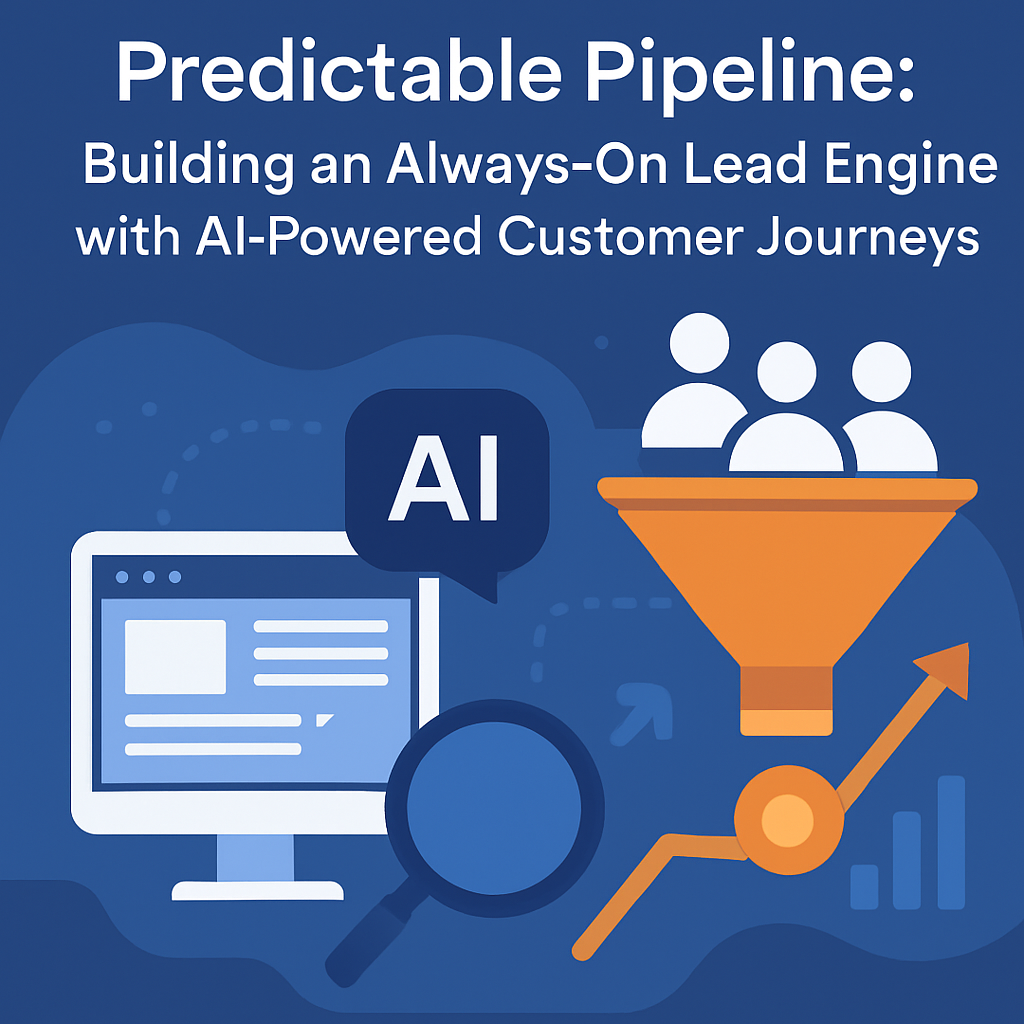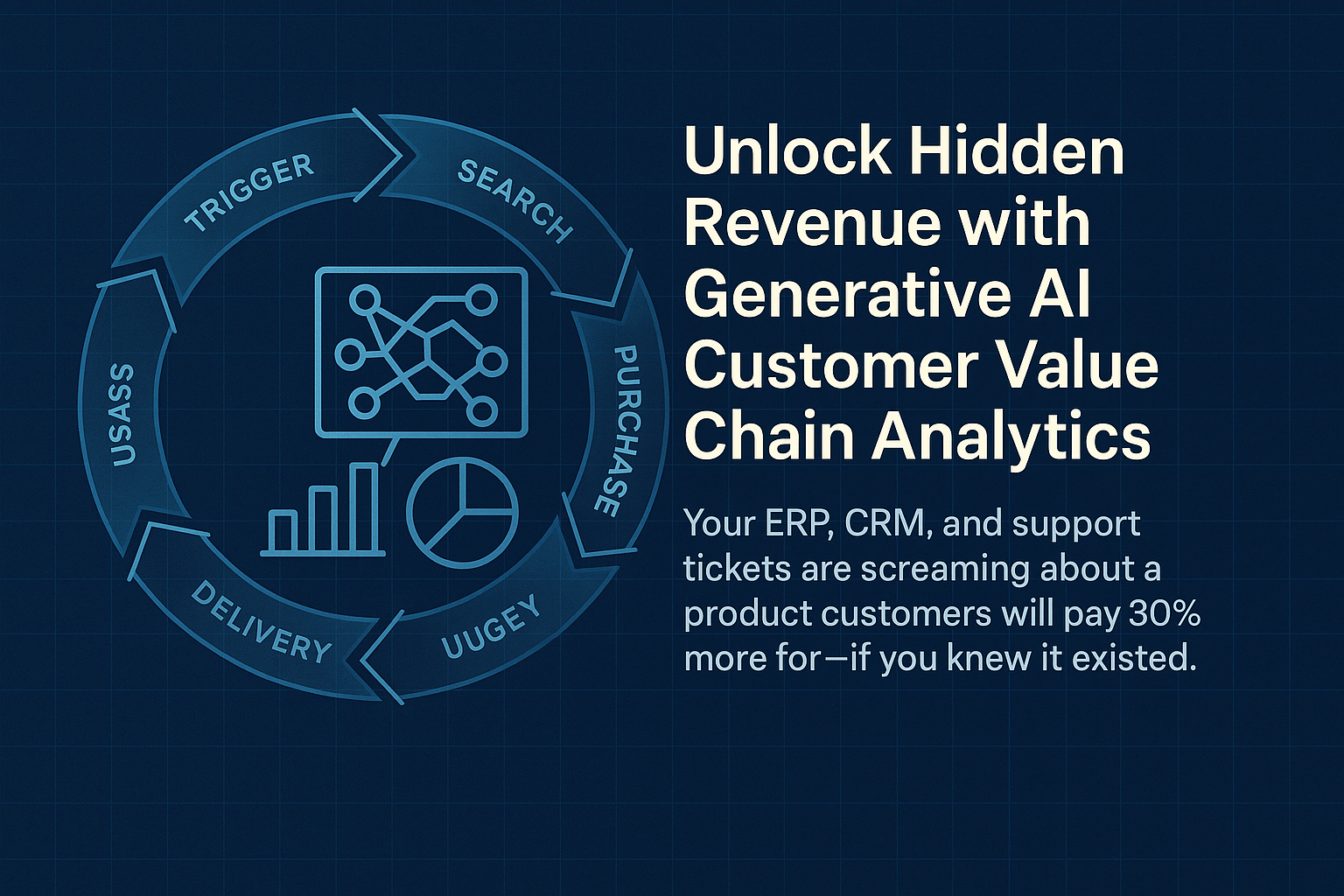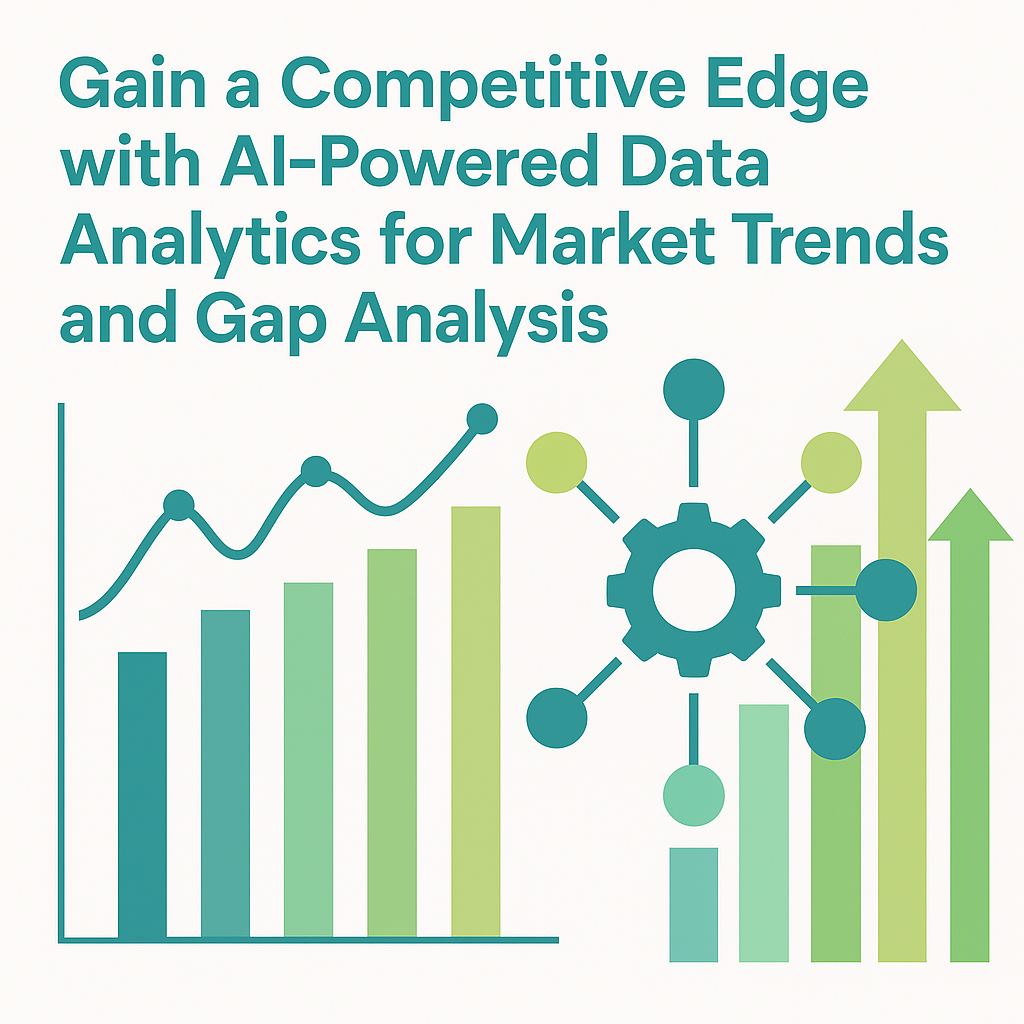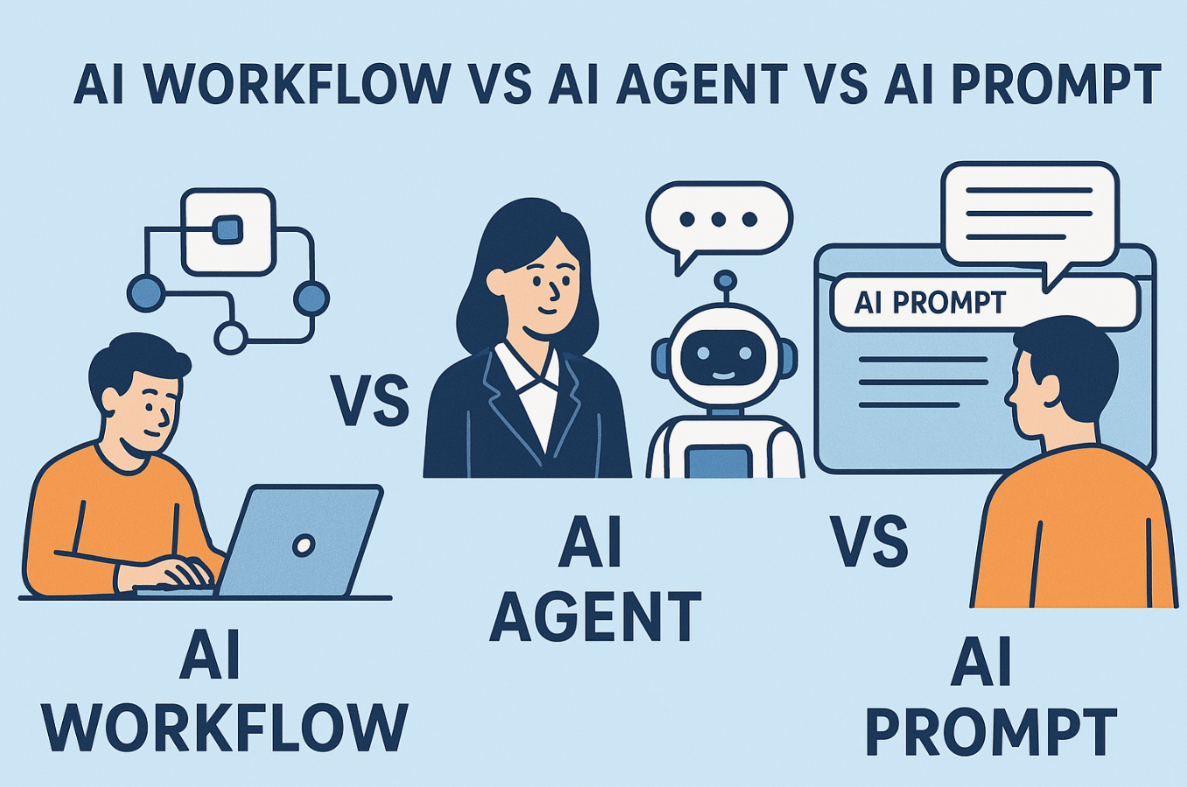Mastering Google Analytics for Blog & AI SEO Optimization is crucial for small businesses aiming to refine their content strategy. By leveraging search queries and audience interests data, you can design content tailored for AI-driven search platforms like ChatGPT and Perplexity. This article provides actionable steps to harness these insights effectively.
Google Analytics for Blog & AI SEO Optimization involves using search queries and audience interests data to identify high-impression, low-click queries, structuring content for AI models, building topic authority, and incorporating natural language queries. These strategies align your content with user intent and enhance visibility on AI-powered platforms.
Key Takeaways
- Leverage Organic Insights: Utilize Google Analytics for Blog & AI SEO Optimization to understand which content drives the most engagement.
- Monitor Key Metrics: Focus on Queries Driving Impressions Without Clicks to identify where your content is underperforming.
- Optimize Top Landing Pages: Analyze top landing pages to determine what content resonates and drives engagement.
- Fill Content Gaps: Use analytics to identify and address content gaps, aligning future posts with user intent.
- Integrate AI Tools: Enhance your SEO strategies with AI-driven insights for deeper data analysis and personalized content.
- Commit to Continuous Refinement: Regularly review and adjust your content strategy based on ongoing analytics to maintain relevance and boost SEO performance.
To delve deeper into these strategies and discover how they can transform your content approach, continue reading. We will explore practical techniques and best practices tailored to help you maximize your blog’s impact and drive sustained growth.
Table of Contents
Unlocking Organic Insights: The Role of Google Analytics in Blog Strategy
Understanding Google Analytics for Blog & AI SEO Optimization starts with recognizing the value of organic search traffic in shaping your content strategy. Organic traffic insights reveal how users discover your blog, highlighting which topics resonate most and driving engagement. By analyzing these insights, small businesses can tailor their content to meet audience needs, fostering growth and enhancing operational efficiency.
Google Analytics offers robust features such as search queries reports and audience interests analysis. These tools allow you to monitor which search terms bring visitors to your blog and what interests keep them engaged. For example, identifying that a blog post on “Local SEO Strategies” attracts significant traffic can inform similar future content, ensuring your efforts are aligned with what your audience is actively seeking.
Google Analytics for Blog & AI SEO Optimization: Understanding Key Metrics
To effectively utilize Google Analytics for Blog & AI SEO Optimization, it’s essential to focus on key metrics that provide actionable insights. One such metric is Queries Driving Impressions Without Clicks, available in GA4 through Search Console integration. This metric identifies the specific search terms that generate high impressions but result in low click-through rates, indicating areas where your content may be underperforming.
Accessing these metrics involves integrating Google Search Console with your Google Analytics account. Once set up, navigate to the Queries Driving Impressions Without Clicks report to see which keywords are performing well in terms of visibility but not in engagement.
Google Analytics AI-powered behavioral modeling can unlock a complete view of users’ journeys, even in the face of ongoing changes in the measurement landscape
Identifying Content Drivers: Leveraging Top Landing Pages for Engagement
Analyzing your top landing pages is a pivotal aspect of Google Analytics for Blog & AI SEO Optimization. Top landing pages are the first touchpoints for many visitors, and understanding their performance can reveal which content effectively engages your audience. By examining metrics such as bounce rate, session duration, and conversion rates on these pages, you can determine what keeps visitors interested and encourages them to explore further.
For instance, if a landing page titled “How to Boost Local SEO for Small Businesses” consistently attracts high traffic but has low engagement, it indicates that while the topic is popular, the content may not be meeting user expectations. This insight suggests the need for more comprehensive, AI-optimized content that fully addresses user queries and provides deeper value.
Bridging Content Gaps: Using Analytics to Inform Future Blog Topics
Google Analytics for Blog & AI SEO Optimization is instrumental in identifying and bridging content gaps within your blog. By analyzing the Queries Driving Impressions Without Clicks, you can uncover what your audience is searching for but not finding on your site. This information is invaluable for refining existing articles and creating new posts that align with user intent.
For example, if your analytics show that a query like “how to start with local SEO” has high impressions but low engagement, it suggests users are searching for this topic but your content isn’t meeting their needs. Instead of simply refreshing the post, write for AI search engines such as Chatgpt and Perplexity.ai by structuring content into clear, hierarchical sections, building topic authority through related posts, and incorporating natural language queries. This approach ensures your content is comprehensive and aligned with AI-driven search behavior.
Enhancing SEO Performance with AI-Driven Insights
Integrating AI tools with Google Analytics for Blog & AI SEO Optimization can significantly enhance your SEO performance. AI-driven tools can process vast amounts of data quickly, providing deeper insights and predictive analytics that go beyond traditional methods. These tools can help you identify emerging trends, optimize keyword usage, and personalize content to better engage your audience.
For example, AI can analyze user behavior patterns to suggest the most effective keywords for your content. It can also automate the identification of content opportunities based on search trends, allowing you to stay ahead of the competition. By leveraging AI insights and preparing for generative engine optimization, you can refine your SEO strategies with greater precision, ensuring your blog remains optimized for both traditional and AI-driven search platforms like ChatGPT and Perplexity.
Continuous Strategy Refinement: Adapting Your Blog with Ongoing Analytics
Continuous improvement is a fundamental principle of Google Analytics for Blog & AI SEO Optimization. Regularly analyzing your blog’s performance data allows you to adapt your content strategy in response to changing audience behaviors and search engine algorithms. This ongoing refinement ensures that your content remains relevant, engaging, and optimized for maximum SEO impact.
Establish a routine for reviewing key metrics such as traffic sources, user engagement, and conversion rates. Use these insights to make informed adjustments to your content, whether it’s updating outdated posts, optimizing for new keywords, or exploring fresh content formats. Additionally, staying abreast of the latest AI advancements and incorporating them into your analytics processes can provide a competitive edge, enabling your blog to thrive in an ever-evolving digital landscape.
By implementing these strategies, your small business can effectively enhance its content strategy, drive growth, and achieve operational efficiency. At Inkyma, we specialize in Google Analytics for Blog & AI SEO Optimization, providing tailored AI consulting services to help you navigate the complexities of digital marketing and achieve your business objectives. Schedule A Strategy Session to discuss your SEO strategy.
Enhancing your content strategy with Google Analytics for Blog & AI SEO Optimization not only improves your online presence but also positions your business as a thought leader in your industry. Embrace these tools and strategies to unlock new opportunities and drive sustained growth.
How Does Google Analytics Enhance AI-Driven SEO Strategies?
Google Analytics provides critical insights into user behavior and search patterns, enabling businesses to tailor their SEO strategies for AI-driven platforms like ChatGPT and Perplexity. By analyzing metrics such as Queries Driving Impressions Without Clicks and Audience Interests, businesses can identify content gaps and understand user intent more deeply. These insights allow for the creation of comprehensive, intent-aligned content that meets the sophisticated requirements of AI algorithms, ensuring higher visibility and better engagement on AI-powered search platforms.
Why Focus on High-Impression, Low-Click Queries for AI Optimization?
High-impression, low-click queries indicate that while your content is being seen, it isn’t compelling enough to drive user interaction. For AI-driven search platforms, these queries highlight opportunities to enhance content depth and relevance. By addressing the underlying reasons for low engagement—such as incomplete answers or lack of interconnectivity—businesses can create more authoritative and comprehensive content. This not only improves traditional SEO performance but also aligns with the criteria AI platforms use to prioritize content, leading to increased visibility and credibility in AI-driven searches.
How Does Content Interconnectivity Influence Rankings on AI Search Platforms?
Content interconnectivity refers to how well different pieces of content on your blog link and relate to each other, creating a cohesive knowledge base. AI search platforms like ChatGPT and Perplexity prioritize content that is well-structured and interconnected, as it provides a more comprehensive and reliable source of information. By building a network of related posts and ensuring seamless internal linking, businesses can enhance the authority and depth of their content. This interconnected approach helps AI models better understand and reference your content, boosting your blog’s ranking and visibility on these advanced search platforms.












